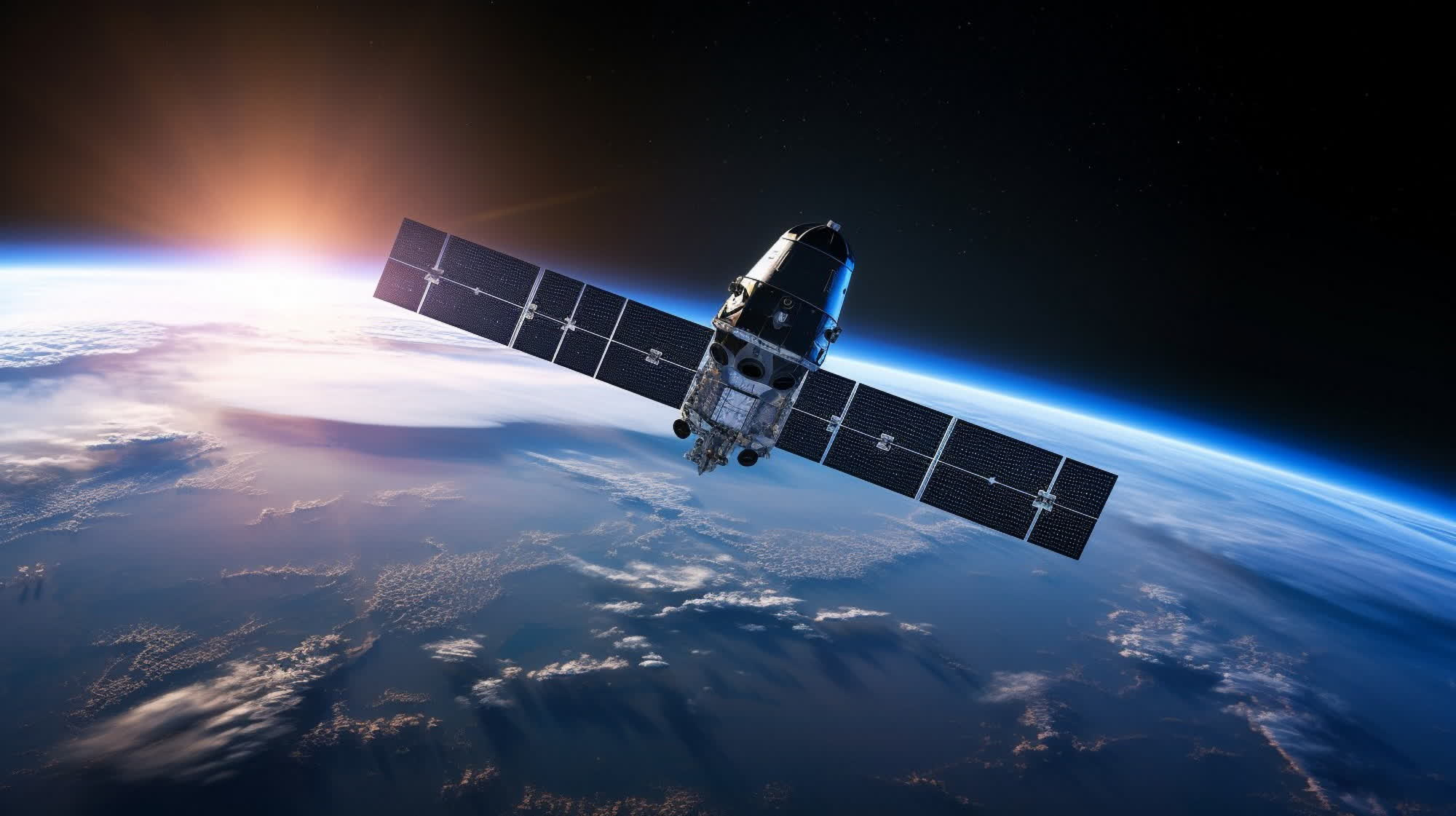
Key Points
- Russia has accused the US of using commercial satellites for military intelligence and threatened countermeasures.
- SpaceX is developing a network of sophisticated spy satellites under a classified contract with a US intelligence agency.
- The deepening ties between the private space sector and US national security raise concerns about the militarization of space.
Russia Targets SpaceX Over US Spy Satellite Network
Russia has ratcheted up tensions in space by warning the United States that its use of commercial satellites for military purposes could make such assets legitimate targets for attack. The threat comes in response to a recent report detailing SpaceX’s classified contract to build a network of spy satellites for a US intelligence agency.
“We are aware of Washington’s efforts to attract the private sector to serve its military space ambitions,” said Russian Foreign Ministry Spokeswoman Maria Zakharova. She warned that commercial satellites involved in military operations “become a legitimate target for retaliatory measures, including military ones.”
SpaceX and US Intelligence Deepen Collaboration
SpaceX, under a substantial $1.8 billion contract awarded in 2021, is collaborating with the National Reconnaissance Office (NRO) to develop a sophisticated network of spy satellites. The NRO, a highly classified US intelligence agency, is central to managing the nation’s surveillance satellite infrastructure.
Sources familiar with the initiative indicate that the SpaceX-built satellites are designed to function in low-Earth orbit (LEO). Operating in LEO offers strategic advantages, including enhanced image resolution and reduced latency for data transmission. The deployment of this network is expected to significantly augment the US government’s capacity to rapidly pinpoint and monitor potential areas of interest across the globe. This near-continuous surveillance capability would provide a tactical edge in intelligence gathering and strategic decision-making.
Escalating Concerns over Space Militarization
The SpaceX contract underscores the Pentagon’s increasing reliance upon the private sector to secure and develop cutting-edge space-based assets. This trend, however, fuels anxieties about the accelerating militarization of space. Russia has repeatedly voiced its opposition to perceived US ambitions for strategic dominance in space, while the US and its allies have reciprocated with claims that Russia itself is deploying disruptive anti-satellite weaponry in orbit.
The escalating tensions raise serious concerns for policymakers and military strategists internationally. Deliberately disrupting or destroying vital satellite infrastructure carries the potential to trigger cascading effects, severely impacting global communications, navigation systems, and military operations. These disruptions could lead to significant economic losses and threaten the stability of international relations.
As the commercial space sector expands, businesses operating in or relying upon space-based services face growing risks. The militarization of space creates an unpredictable environment that could threaten the reliability and security of commercial satellite networks, potentially leading to financial losses and disruptions to essential services.
Implications and Outlook
Russia’s explicit threat against SpaceX satellites marks a dangerous escalation in the simmering space rivalry between the two nations. It highlights the vulnerability of commercial space assets as geopolitical tensions spill over into the orbital domain. The SpaceX contract, while showcasing the benefits of public-private cooperation, also underscores the urgent need for international agreements to regulate the use of space for military purposes.
The militarization of space poses a growing threat not only to national security but also to the burgeoning commercial space industry. Disruptions to satellite networks could have severe economic and societal consequences. Global stakeholders, including governments and businesses, must urgently collaborate to establish clear norms and guidelines for responsible behavior in space. This is crucial to prevent miscalculations that could lead to open conflict and to ensure the long-term sustainability and peaceful development of the space environment.
